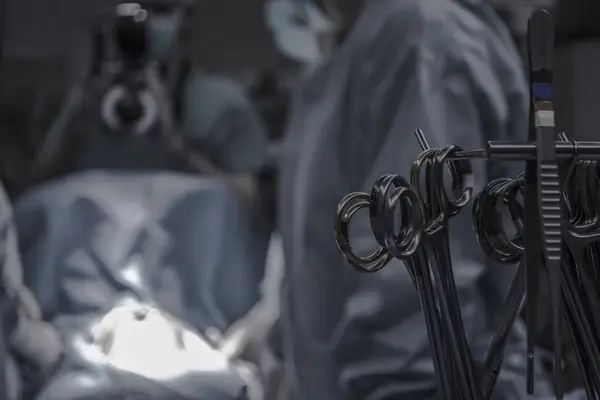
Recent Medical Technologies the NHS has Invested In
The NHS is the UK’s saviour, quite literally. It needs more investment every year and has been going through some hard times lately. However, with investment, there has been improvements. We’re looking at the technologies that the NHS has invested in.
Information technology
If you’ve been to the hospital lately, you might have noticed a lack of clipboards and an abundance of iPads and tablets. Information technology has been a vital and readily accepted advancement in healthcare. Patients’ files, studies, reports, and other resources are just a click away. Patients’ files can be updated with up-to-date measurements from their wearables and monitors.
But that is just the beginning. Hospitals are using the instant sharing of information to better treat physical and mental health, locate resources to specialise in the issue, and gather data for research purposes.
The self-retaining retractor
Sometimes the newest and best ideas are just old ideas with a new twist. Such is the case with the self-retaining retractor. Surgery retractors have been around almost as long as surgery has been a concept, but the newest versions have a lot of benefits. Past retractors had to be held in place by an assistant, which meant an extra body in the room.
As you know, it’s essential to keep the operating room clean for the sake of keeping danger from the patient, and a critical way of keeping the room clean is keeping the number of people in it to a minimum. With a self-retaining retractor that can be adjusted without the input of the assistant, there’s no need for them, and they can be omitted from the room.
Virtual wards
In the meantime, amind a waiting time crisis, the UK Government has pledged £36 billion to be invested over 3 years in 2021, aimed specifically at tackling the waiting-times problem. One solution is virtual wards.
Virtual wards are the idea of gaining all the medical attention you need from your home. With the help of remote and wearable monitoring, GPs and doctors can measure vitals from a remote location, offering advice and treatments via a video call.
Artificial intelligence
Artificial intelligence has a lot of applications, but in this case, the NHS is looking to use artificial intelligence to decipher who is most at risk and who needs attention right away. It will also identify the right level of care for patients sitting on waiting lists for their surgeries.
AI is already a beneficial asset in healthcare, as it supports research and treatment, like medical imaging analysis, drug discovery, and even forecasting kidney disease.
The potential of artificial intelligence complements Novarad's cutting-edge medical imaging solutions, increasing diagnostic precision. This technology advances healthcare toward a more effective and precise future by assisting in the quick identification of patients in need of urgent treatment, optimizing surgical prioritizing, and contributing to research through advanced medical imaging analysis.
Surgical hubs
Surgical hubs are designed to bring together the knowledge and skills of healthcare all under one roof to tackle the UK’s surgical backlog. They provide more capacity for patients, cleaner infection control, and surgical resources in one space designed to focus on surgeries. It is hoped that this focused approach to surgeries will clear the backlog of waiting patients caused by the pandemic and avoid any contamination from infectious patients while waiting.